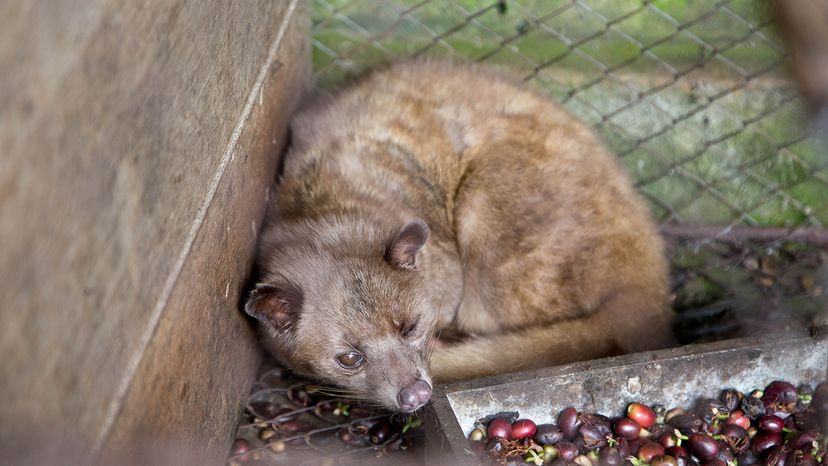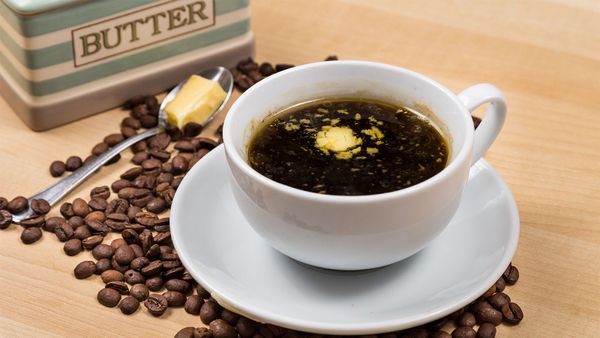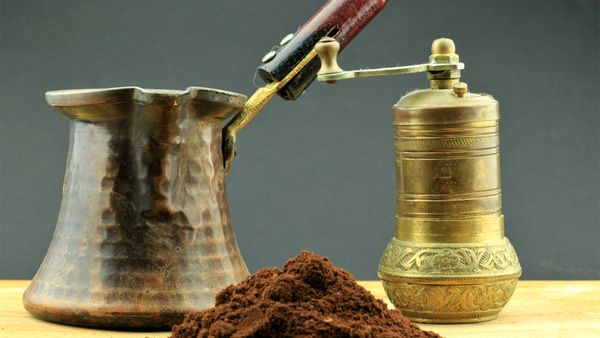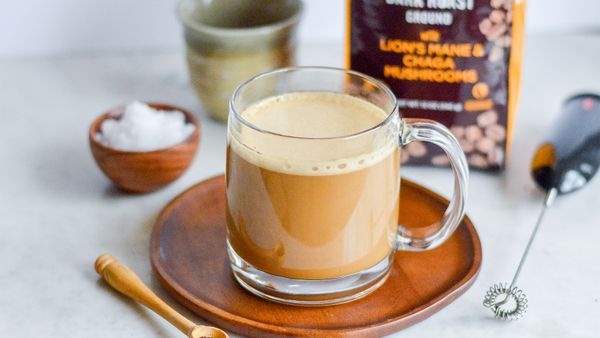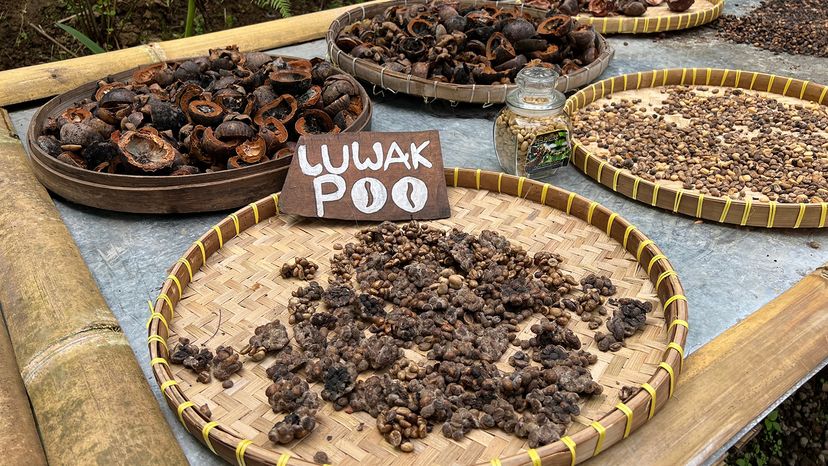
Nothing says, "I'm rich, I'm extravagant and I like to put a little something strange in my mouth first thing in the morning," better than a steaming hot mug of "civet poop" coffee. Just know in advance of your next indulgent caffeine experience that a cup of $90- to $650-per-pound Kopi Luwak coffee is a slickly marketed, finely hyped fusion of what "cat" scat, combined with cruelty to small tropical mammals, tastes like.
Though often called a "civet cat," the shy Asian palm civet is a nocturnal, arboreal, mostly solitary forager and cat-like hunter that is actually more similar to a mongoose, weasel or ferret than a feline. Bottom line: By any name, its poop is worth a fortune in the niche world market of the "coffee-crazed" elite.
Advertisement
Considered among the top most expensive cups of joe in the world, the authentic, rare and wild-harvested examples of Kopi (Indonesian for "coffee") Luwak ("palm civet") coffee come from civets in Bali or other neighboring islands.
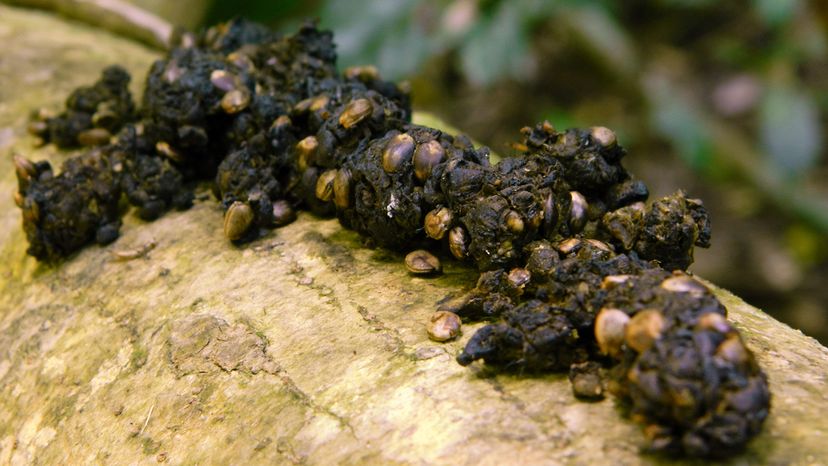
Advertisement
